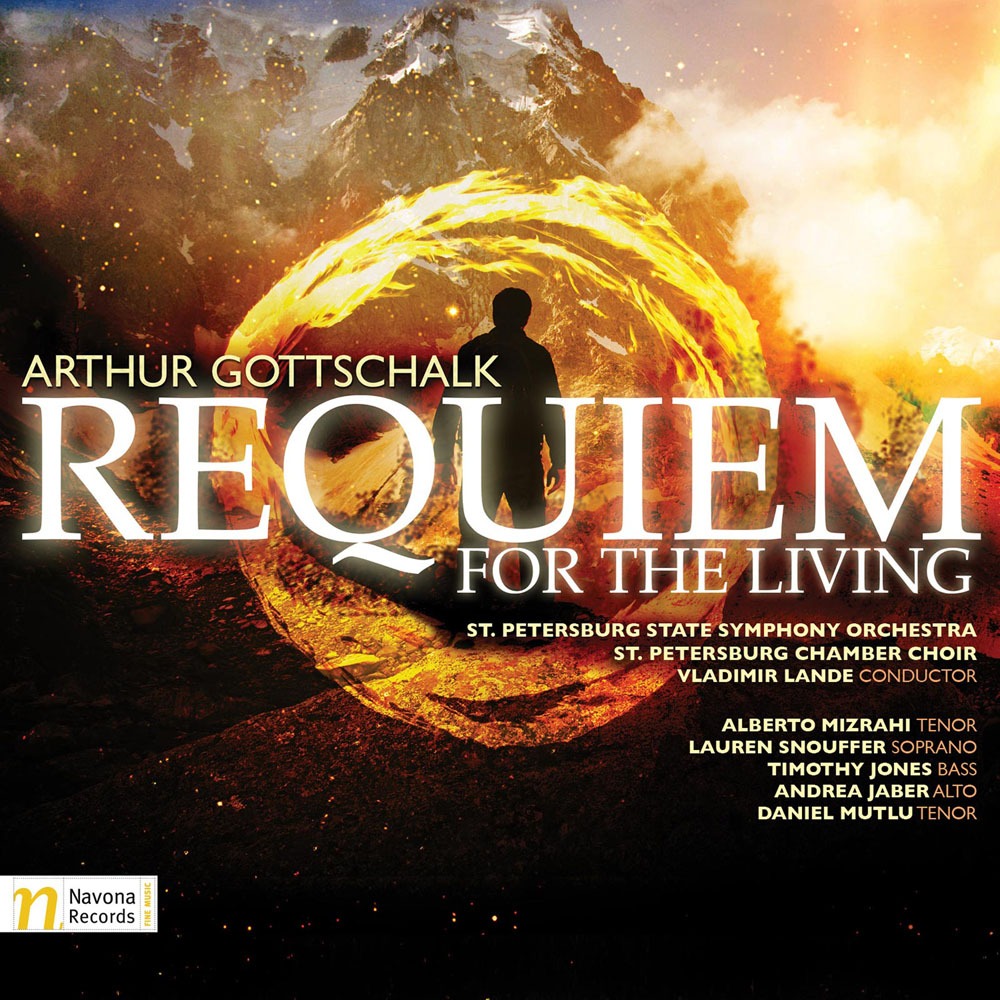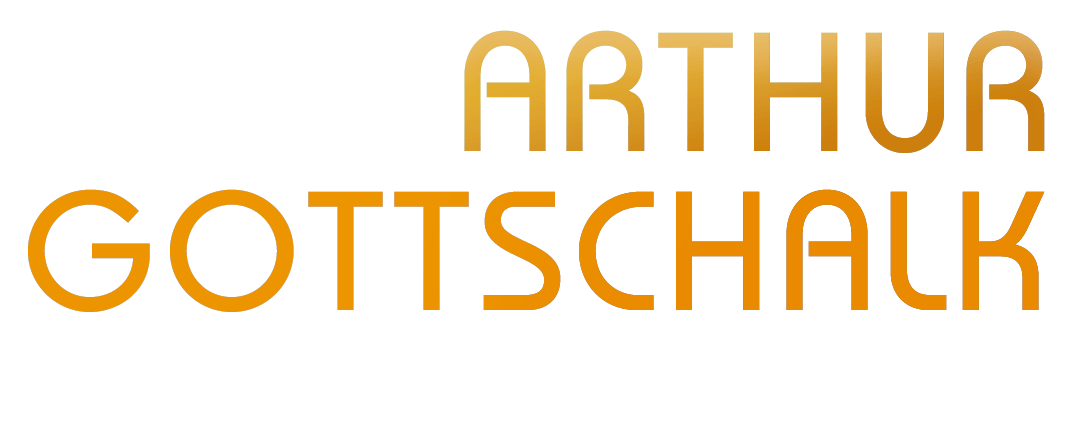
Arthur Gottschalk: REQUIEM: FOR THE LIVING
Originally Published By: American Record Guide
Like many contemporary composers, Arthur Gottschalk, Professor of Theory and Composition at Rice University’s Shepherd School of Music, was greatly affected by the events of 9/11. His response was to craft a Requiem that would not only pay tribute to the dead, but inspire the living by celebrating their common humanity through music. Animated by Duke Ellington’s assertion that “there is no language that God cannot understand”, Gottschalk interpolates prayers and comments from a variety of sources into the traditional liturgy. His Kyrie incorporates excerpts from Yizkor, Judaism’s memorial prayer for the departed.
Selections from the Qu’ran are included in the Dies Irae, and the Offertory is tinged with wisdom on loan from the Buddha. Duke Ellington’s words support
the notion that a Sanctus don’t mean a thing if it ain’t got that swing, and the Libera Me connects with the gospel in more ways than one with the inclusion of ‘Precious Lord, Take My Hand’.
Gottschalk pays tribute to all these different sources by weaving jazz, gospel, Renaissance canzonas, baroque polyphony, and Jewish cantorial singing into his musical tapestry. He also reveals his inner Rutter more than once, as his melodies take on a pop-like simplicity, strings start cuddling the tunes, and
woodwinds burble gently in the background. In the end, I confess I’m more engaged by the cleverness of the music than I am touched or uplifted by its
emotional depth. The performance brings credit to the work, as does the engineering. (If you ever wondered what a Russian choir would sound like singing gospel music, here you go.) The cantor squawks fearsomely in the opening interlude and is replaced by the other tenor when the Kyrie-Yizkor combo is reprised at work’s end. Not a bad idea, that.
Related Articles
- April 17, 1994
Recent Articles
Upcoming Events
Upcoming Events
- There are no upcoming events.

